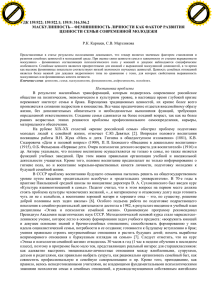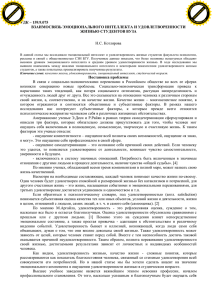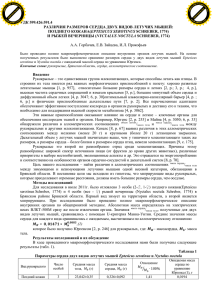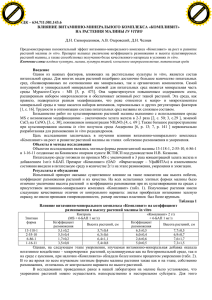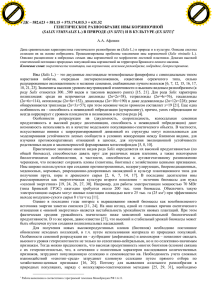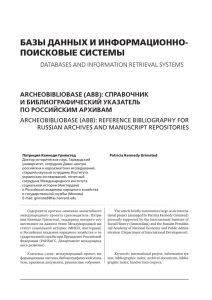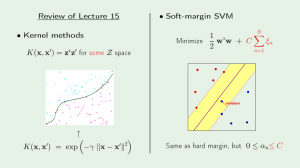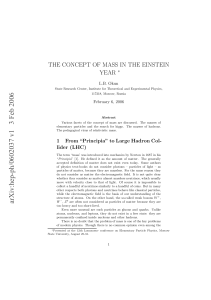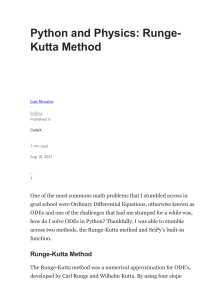mc E S – 530,145
реклама
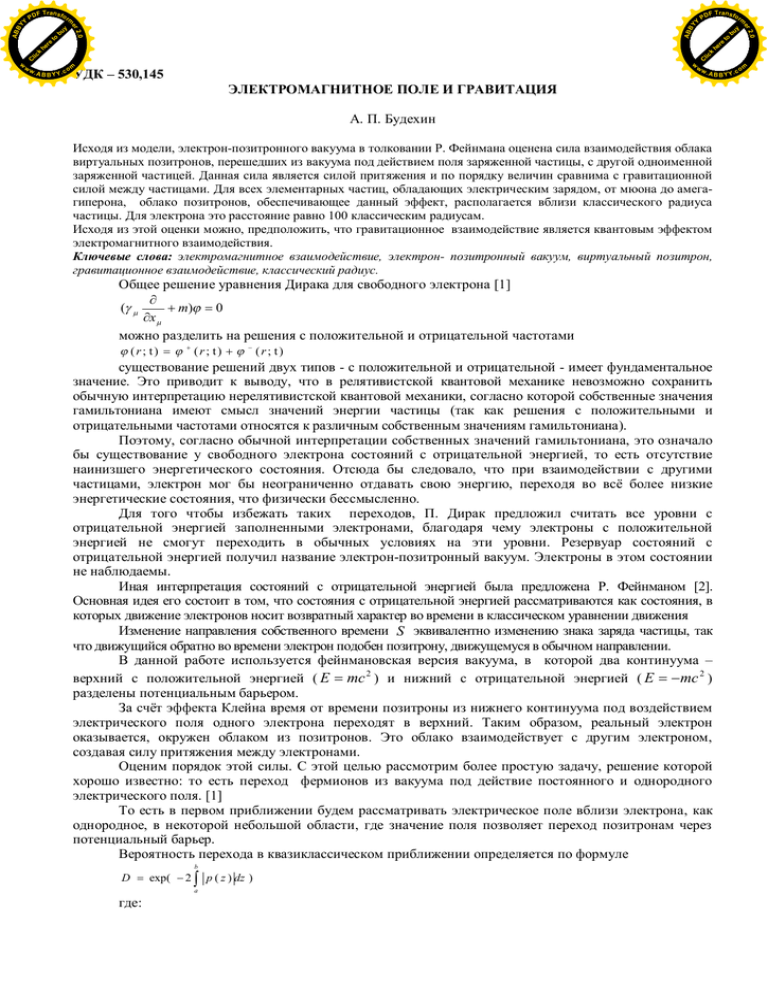
Y A B B Y Y.c bu to re he C lic k he k lic C w. om w w w w rm y ABB F T ra n sf o re to PD Y 2.0 2.0 bu y rm er Y F T ra n sf o ABB PD er Y – 530,145 w. A B B Y Y.c . . , . , , . . , , , , - , . 100 , , . . : , , - , , . [1] ( m) x (r; t) 0 (r; t) (r; t) . - , , ( ). , , , . , , , , . , , . . . . . [2]. , , S , , . , (E 2 mc ) (E – mc ) 2 . . , , . , . . , : . [1] , , , . b D exp( 2 p ( z ) dz ) a : om Y F T ra n sf o A B B Y Y.c bu to re he C lic k he k lic C w. om w w w w rm y ABB PD re to Y 2.0 2.0 bu y rm er Y F T ra n sf o ABB PD er Y a p( z) eEz ) 2 ( p2 p x2 m2 p2 3 Vd (2 VT D n p )3 , he 2 2 c 3r 0 m 4 :r – 2 2 1 (2 )3 exp m 2c 3 Ee , e E A B B Y Y.c p 2y , 2 w. 4 0 (1) r2 4 3 , Q 4 nr 3 e 3 4 h 2 e 5 81 10 18 exp 3m 4 c 6 r (2 ) 3 F eQ 4 0R2 K R2 r3 m 2c3 hEe R4 h 2 e 6 729 10 27 exp 3m 4 c 6 r (2 ) 3 K m 2c3 hEe (2) r 1 r2 2 8 rm 2 c 3 he 2 0 , (1) 0 (3) ( r (2). . ), , , , . r , , r , . rêë 2 e 4 0 mc 2 , , . (1) (2), r , . , , (2) ( ) , , =Gm² , 1000 0,01 0,4 4,5 1,2 0,6 0,7 0,5 0,4 , 2,8* 10 15 1,1* 10 4,8* 10 18 10 19 19 3* 10 17 4,5* 10 18 3,4* 10 19 9,5* 10 19 8* 10 19 4,9* 10 19 3* 10 8* 10 19 10 17 18 3* 10 18 1,5* 10 19 12*10 10 18 19 8,6* 10 12 om Y A B B Y Y.c bu to re he C lic k he k lic C w. om w w w w rm y ABB F T ra n sf o re to PD Y 2.0 2.0 bu y rm er Y F T ra n sf o ABB PD er Y , , , , w. , A B B Y Y.c , . , , r 10 18 10 19 ( . , ), ) ) : ; , , , , . Based on the model, the electron-positron vacuum in the interpretation of Feynman estimated strength of the interaction of clouds of virtual positrons, referred from the vacuum under the action of the first electron to the second electron. This force is the force of attraction and in order of magnitude comparable to the gravitational force between amid particles. For all elementary particles to have electrical charge from moons to omega – hyperons, the cloud of positrons provides this effect, has at ones disposal near classical radius of the particle. For electron, this distance has too classical radiuses. On the basis of this assessment, we assume that the gravitational interaction is a quantum effect of the electromagnetic interaction. The key words: Electromagnetic interference Electron-positron vacuum Virtual positron Gravitational interaction The electromagnetic nature of gravity 1. 2. . . . – [email protected] .: ,1981. 430 . . 2009 . 218 . . , om
